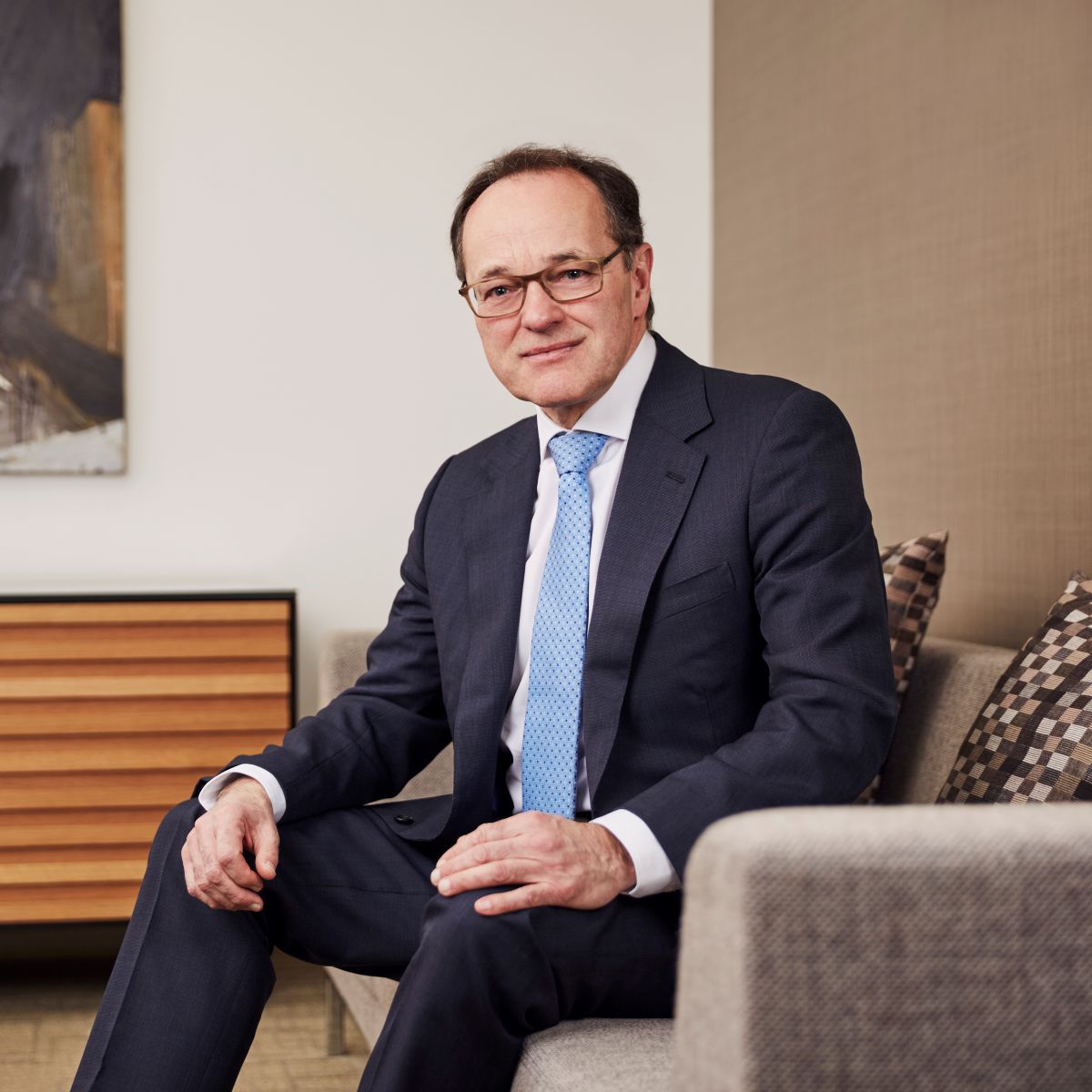Family Office
Family Offices' Perspectives: Sandaire

This news service recently spoke to Sandaire, the London-based multi-family office, about the trends at work in its sector. This is part of a continuing series on the world's family office industry.
This publication has interviewed a range of family office
figures and industry practitioners about the space. Here we talk
to Sandaire, the
UK-based multi-family office. It is a member of the Wigmore
Association, a body bringing together chief executives and
investment officers from MFOs around the world, such as Pitcairn
in the US, HQ Trust in Germany and Mutual Trust in Australia.
Another, Northwood
Family Office, recently addressed the topic of why single
family offices go “multi” (see
article).
This article is part of a series of analyses of the sector. To
see this publication’s partnership with data and analytics firm
Highworth, click
here to register. See here
and here
for examples of articles about family offices.
To comment or provide feeback, email tom.burroughes@wealthbriefing.com and jackie.bennion@clearviewpublishing.com
Definitions: what in your view are the essential
ingredients of a family office and is the term “family office”
used too loosely?
Many wealth management firms in the market are offering some form
of family office service. However, many of these services are
restricted to financial and legal support, with some broadening
their offering to include succession planning or family
governance. As client demands of the ultra-high net worth change,
they are looking for family office services that can support them
throughout their lifecycle and with generations to come. Families
are seeking a service that frees up their time by taking away
some of life’s administrative tasks.
Some of the tasks handled by a family office may include
investment management, broader family office services (for
example, paying bills and consolidated management and reporting
all assets and liabilities), property advisory services, manager
selection, family governance and next-generation advice, guidance
on philanthropic endeavours and support with passion
assets.
Consumer trends are changing and clients are more often seeking
independent advice with key services in-house and under one roof,
which can support the requirements of their family across a whole
range of capabilities. Many clients place great importance on
their family’s life and the responsibility of the preservation
and stewardship of their wealth.
Family offices can seamlessly lighten their clients’ load by
supporting them with the burdens, as well as the pleasures, that
living a life with wealth entails. However, every family is
different and family offices need to provide solutions that can
be individually tailored to adapt to both their clients current,
and future needs. A true family office would not have an
exhaustive list of how they can help their client, and would seek
to provide support in any instance possible.
How much of a trend is there of single family offices
becoming multi-FOs? Are some families pausing before joining
multis or are they driven by the need for cost and
efficiency?
There is a common theme of a lot of responsibility falling on one
individual in a single family office. This individual may take
the form of a previous senior accountant for a family, who was
then made the SFO principal, coordinating a number of different
external advisors. These may or may not have a truly independent
view and provide services in the way that is best for the family.
However, with the necessity of coordinating such a vast number of
advisors and streamlining the ever-expanding affairs of UHNW
lifestyles, it would seem that the most sensible thing to do
would be to create a dedicated family office. This, however,
comes with a cost.
Benefits of joining an MFO can also include access to larger
corporate systems, and a broader range of in-house expertise and
specialists. Benefits also include the ability to network and be
referred to other families who may have gone through, or are
going through, a similar journey, perhaps for example, with
philanthropic pursuits or starting a fund.
What do you think drives the creation of most family
offices and are these drivers changing? If so, how?
Looking back at Sandaire’s history and how the business went from
a single family office to a multi-family office can answer why,
for many, family offices are created. This tends to be following
a major liquidity event or receipt of an inheritance.
The Scott family’s journey began over a century ago with the
pioneering approach and spirited personalities of the Provincial
Insurance Company. The company was founded by Sir James Scott in
1903. After ownership passed to James’s sons, Francis and Samuel,
Provincial was relocated to the Lake District in 1918.
A path that led three generations later – following the sale of Provincial Insurance – to the formation of a family office to meet the investment needs of the Scott family, because when they came to look at the market they believed that they could create an offering that was better suited to their needs.
When Sandaire was founded in 1996, it became the UK’s first multi-family office. As its expertise widened to meet the needs of the multi-generational Scott family, so did its offer. The decision was made that Sandaire’s unique expertise should be made available to other families, resulting in today’s multi-family office structure, serving numerous exceptional families of multi-generational wealth.
“Our job when we sold Provincial was to preserve, protect and ensure that the capital continues. Not to say that we wouldn’t take risks to increase that capital. When you crystallise the capital and what was previously tied up is suddenly available for the first time, you are faced with answering the question ‘what’s going to happen now?’ – this is the most difficult time because you go from being business owners to being stewards of wealth.”
– Alex Scott, founder of Sandaire